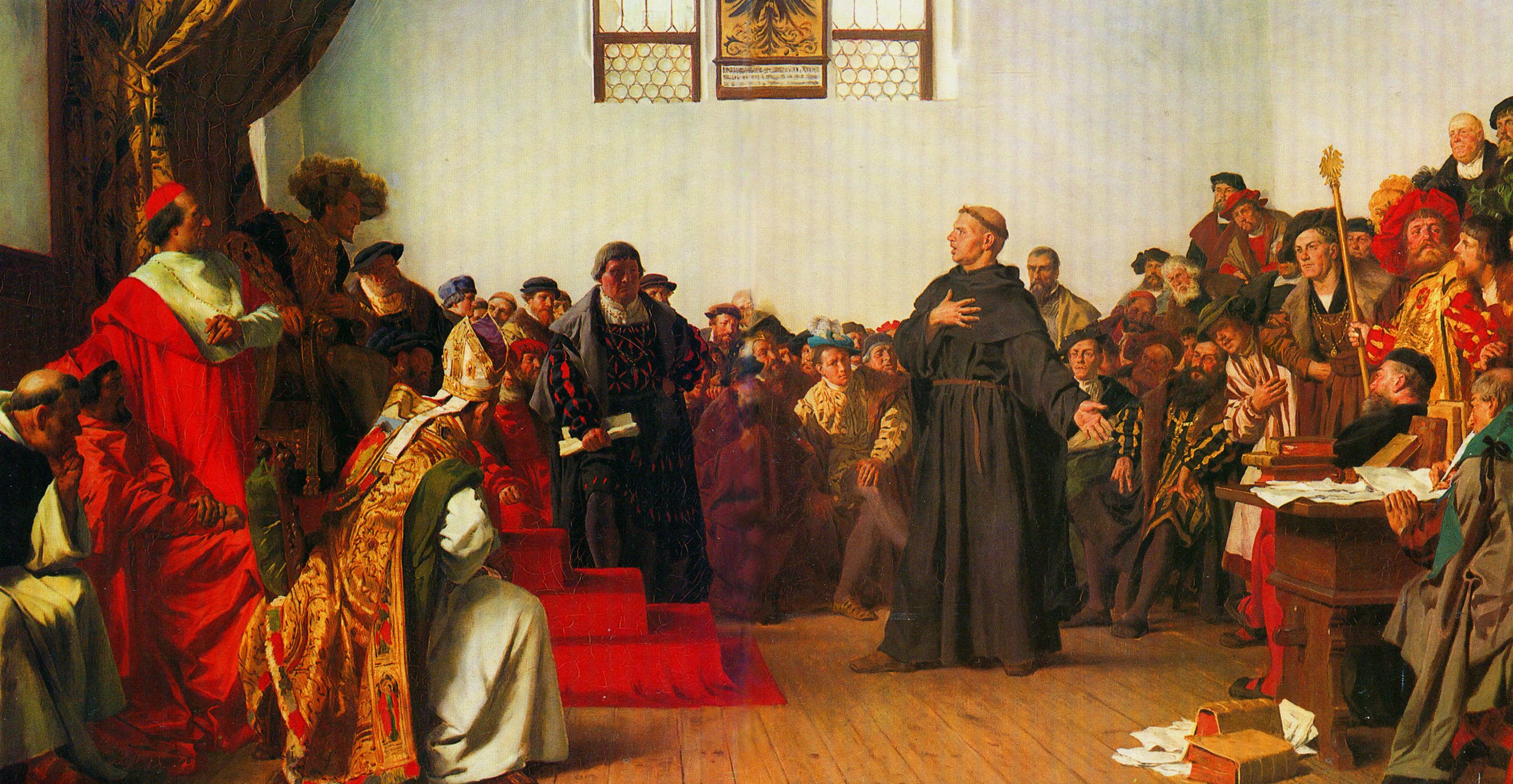A Mighty Fortress is Our God
Please forgive my laziness, but I have decided to include a meditation I wrote three years ago, but with a few amendments.
Earlier this week, on February 18, we remembered Martin Luther, 16th century monk, priest, professor, and reformer of the Church.
We all remember Martin Luther for the posting of his 95 theses on the door of All Saints Church in Wittenberg, Germany.
His intent was to spark debate about papal indulgences, not a reformation. His question was: Can one buy one’s way to the forgiveness of sins?
As he studied scripture deeply, the answer became clear. Salvation comes from God’s grace, through faith not works. He came to believe that the followers of Jesus should be able to read the Bible in their own language.
These were radical beliefs to the Papal hierarchy and doctrine, so he was excommunicated from the Roman Catholic Church. His life changed and so did ours.
Martin got married, had children, translated the Bible into German, and wrote hymns that we sing today. One of his most famous hymns is A Mighty Fortress is Our God, which he composed between 1527 and 1529. These verses still offer hope and healing:
A mighty Fortress is our God,
A Bulwark never failing;
Our Helper He amid the flood
Of mortal ills prevailing:
……
And though this world, with devils filled,
Should threaten to undo us,
We will not fear, for God hath willed
His truth to triumph through us:
The Prince of Darkness grim,
We tremble not for him;
His rage we can endure,
For lo! his doom is sure,
One little word shall fell him.
…..
God’s truth abideth still,
His Kingdom is forever.
Scholars agree that the writings of Martin Luther - his belief in Sola Scriptura and that salvation comes from God’s grace, through faith not works - were pivotal for the theology of the Protestant Reformation. Many denominations emerged.
Thanks to Richard Hooker (also a 16th century theologian), the Church in England chose to view the faith a bit differently. Rather than Sola Scriptura, the Anglican Church, our Episcopal Church, chose the three-legged stool of Scripture, Tradition, and Reason.
We have learned that every 500 years the Church undergoes profound change. After the 500 years of the Middle Ages, Martin Luther disturbed the status quo. It has been 500 years since Martin Luther and the Protestant Reformation. The Church is changing. Where will the next 500 years take us?
Let us pray the collect for Martin Luther:
O God, our refuge and our strength: You raised up your servant Martin Luther to reform and renew your church in the light of your word. Defend and purify the Church in our own day and grant that, through faith, we may boldly proclaim the riches of your grace which you have made known in Jesus Christ our Savior, who with you and the Holy Spirit, lives and reigns, on God, now and forever. Amen.

